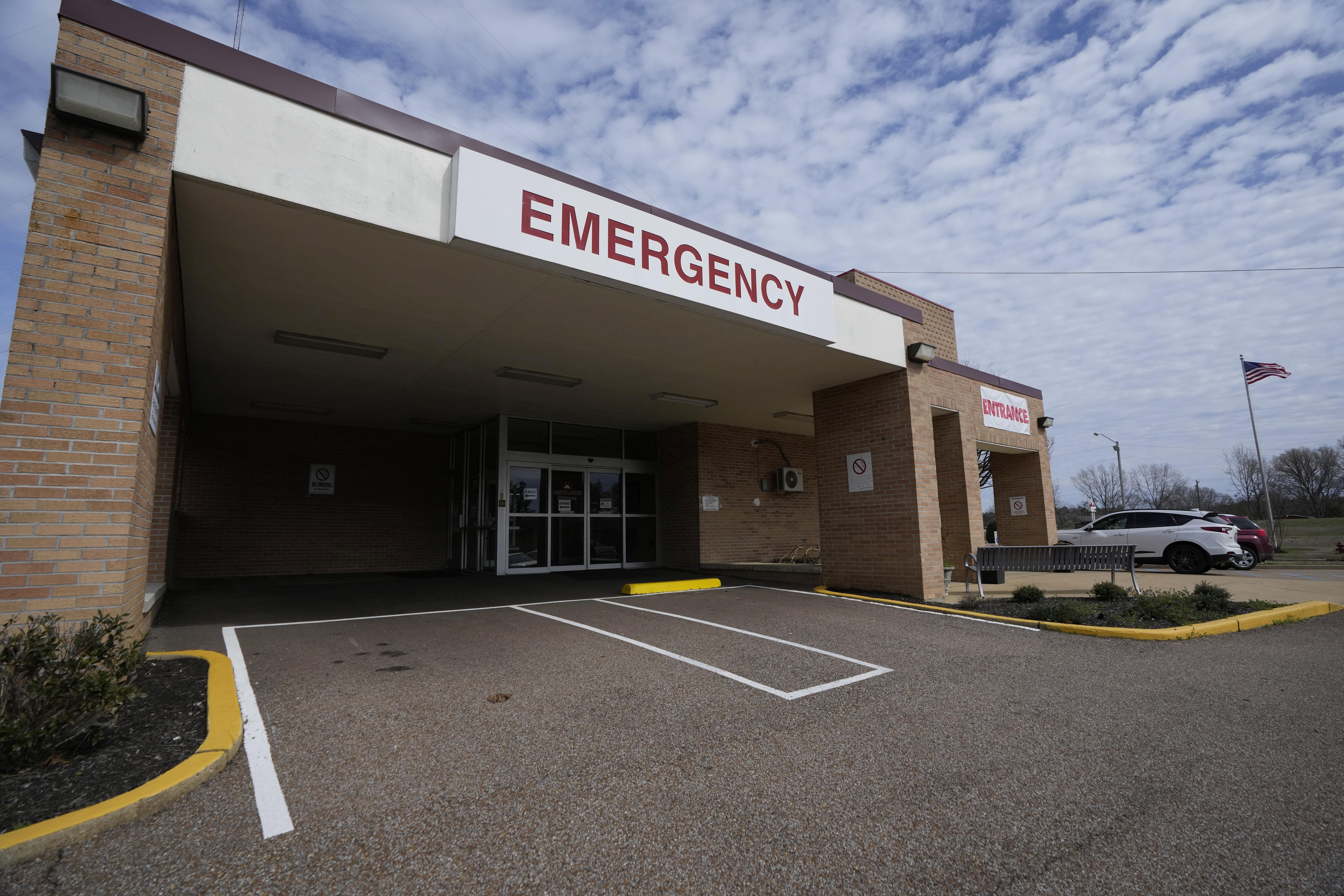Once again, Mississippi’s health system has been ranked last in the nation.
Mississippi's health system ranked last in the nation


Once again, Mississippi’s health system has been ranked last in the nation.

Will Stribling
Mississippi's health system ranked last in the nation
The Commonwealth Fund, a nonprofit health policy research organization, has released its 2025 scorecards on health system performance. In the report, Mississippi ranks last or near the bottom across many of the 50 performance indicators tracked, like premature death and hospital mortality.
Infant mortality is one of the indicators Mississippi is most behind for, even when compared to its southeastern peers, both in the rate of infant deaths and racial disparities within that category. In 2022, Mississippi’s infant mortality rate was nearly three times higher than the state with the highest ranked health system, Massachusetts. Black babies born in Mississippi were nearly twice as likely to die before their first birthday than white babies.
Health officials have cited a lack of coordinated healthcare infrastructure for moms and babies as a major contributor to the state’s high rates of infant and maternal death. Kristen Kolb, a research associate for health care coverage and access at the Commonwealth Fund, says the Mississippi State Department of Health's plan to create a statewide Obstetrics System of Care could help improve those poor outcomes.
“Ensuring that babies who require a higher level of care have access to that care, this sounds like this would help address some of the challenges in rural states where there have been reduced access to obstetric services, including rural hospitals that have been closing,” Kolb said.
One indicator that's been improving in Mississippi and across the country is the rate of uninsured adults. Nationally, that rate dropped from over 20% in 2013 to an all time low of 11% in 2023. In Mississippi, that uninsured rate dropped from 20% in 2019 to 15% in 2023.
Commonwealth Fund researchers say those gains are largely attributable to provisions in the Affordable Care Act expanding and Medicaid establishing federal subsidies for buying marketplace coverage.
“That helped many low and middle income people afford the cost of health coverage purchased from federal and state-run health insurance marketplaces,” said Dave Radley, Senior Scientist for Health System Tracking at the Commonwealth Fund. “Not only did these provisions help more people get coverage, fewer people skipped getting the care that they needed because of its cost.”
The researchers also warned that the health funding cuts in congressional Republicans’ reconciliation bill put these gains at risk, even in states like Mississippi that haven't expanded Medicaid, because of the high number of people who rely on ACA subsidies to afford health insurance.
“Growth in the marketplaces has really been very high,” Kolb said. “People have taken those lower premiums and enrolled in very large numbers in non-expansion states. So the passage of the bill would still have a very big effect on people in non-expansion states and also providers that depend on their patients having the means to pay for their care.”
Over 273,000 Mississippians enrolled in marketplace health plans last year and nearly all of them are receiving subsidized premiums, According to the Kaiser Family Foundation.